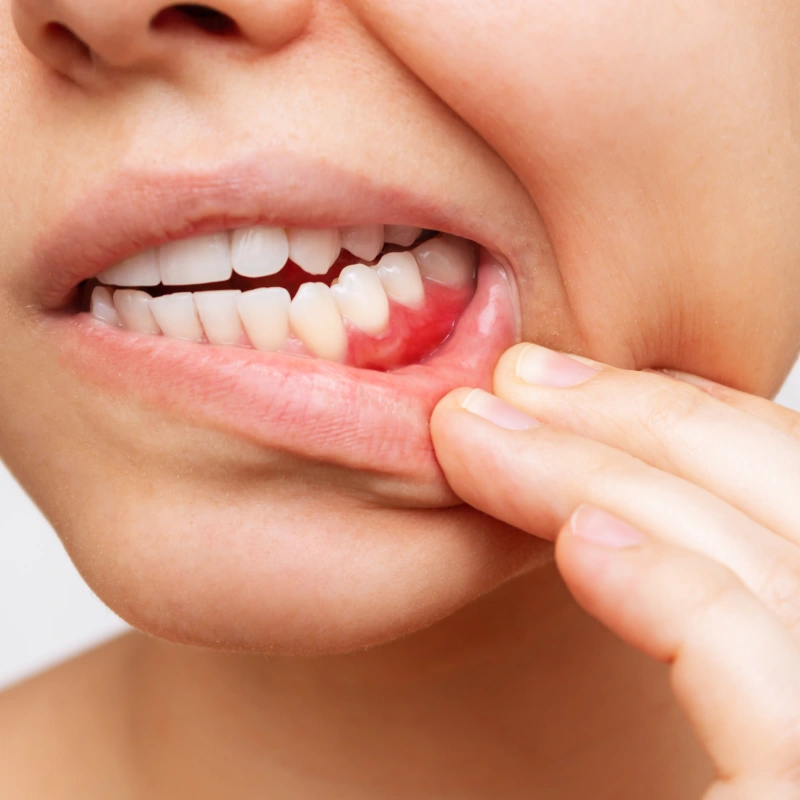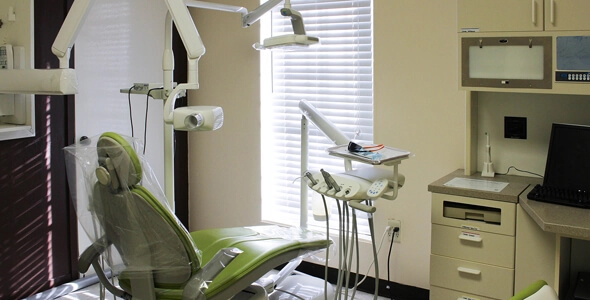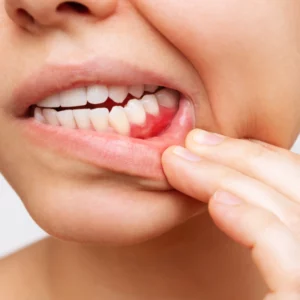Possible Reasons Why Your Gums Bleed after Brushing Your Teeth
Gingivitis
Gingivitis is the earliest stage of gum disease and is often characterized by swollen, tender gums that bleed easily, especially when brushing or flossing. Plaque buildup along the gumline can irritate the gums, leading to inflammation and bleeding.
Poor Oral Hygiene
Inadequate brushing and flossing can allow plaque and bacteria to accumulate along the gumline, leading to gum irritation and bleeding. Brushing too forcefully or using a hard-bristled toothbrush can also cause gum trauma and bleeding.
Improper Technique
Brushing too aggressively or using a rough, back-and-forth motion can damage the delicate gum tissue, causing it to bleed. It’s important to use a gentle, circular motion when brushing to effectively clean the teeth and gums without causing irritation.
Medications
Some medications, such as blood thinners or antiplatelet drugs, can increase the risk of gum bleeding. If you’re taking any medications, consult with your healthcare provider to determine if they could be contributing to your symptoms.
Hormonal Changes
Hormonal fluctuations, such as those experienced during puberty, pregnancy, or menopause, can affect gum health and increase the likelihood of bleeding gums. Hormonal changes can make the gums more sensitive and prone to inflammation.
Systemic Health Conditions
Certain systemic health conditions, such as diabetes or vitamin deficiencies, can impact gum health and increase the risk of gum bleeding. It’s essential to address any underlying health issues to improve gum health and prevent further complications.
Pregnancy
Hormonal changes during pregnancy can increase blood flow to the gums, making them more sensitive and prone to bleeding. This condition, known as pregnancy gingivitis, is common among expectant mothers and typically resolves after childbirth. However, maintaining good oral hygiene habits during pregnancy is crucial to prevent complications and ensure optimal gum health.
Lack of Vitamin C
Vitamin C deficiency can weaken the blood vessels in the gums, making them more susceptible to bleeding. Incorporating foods rich in vitamin C, such as oranges, strawberries, and bell peppers, into your diet can help support gum health and reduce the risk of bleeding gums.
Underlying Health Conditions
Certain medical conditions, such as leukemia, hemophilia, or autoimmune disorders, can increase the risk of gum bleeding. These conditions can affect blood clotting or immune function, making the gums more prone to inflammation and bleeding. Managing underlying health conditions with the help of healthcare professionals is essential to minimize oral health complications.
Side Effects of Medications
Some medications, such as anticoagulants (blood thinners) or antiplatelet drugs, can interfere with the body’s ability to form blood clots and increase the risk of gum bleeding. If you’re taking any medications that may affect blood clotting, it’s important to inform your dentist or healthcare provider to ensure appropriate management of your oral health.
Poorly Fitting Dental Appliances
Ill-fitting dental appliances, such as dentures, braces, or dental bridges, can irritate the gums and cause them to bleed during brushing. Sharp edges or rough surfaces on dental appliances can injure the delicate gum tissue, leading to inflammation and bleeding. Regular adjustments and maintenance of dental appliances can help prevent gum irritation and promote better oral health.
In Conclusion
If your gums continue to bleed despite practicing good oral hygiene habits, it’s important to consult with a dentist or periodontist for a comprehensive evaluation. We at A Dental Care provide exceptional dental care for our patients in Houston, TX.
Our 5 Dental Clinics are always there to help your problems. Book a Consultation Today!












